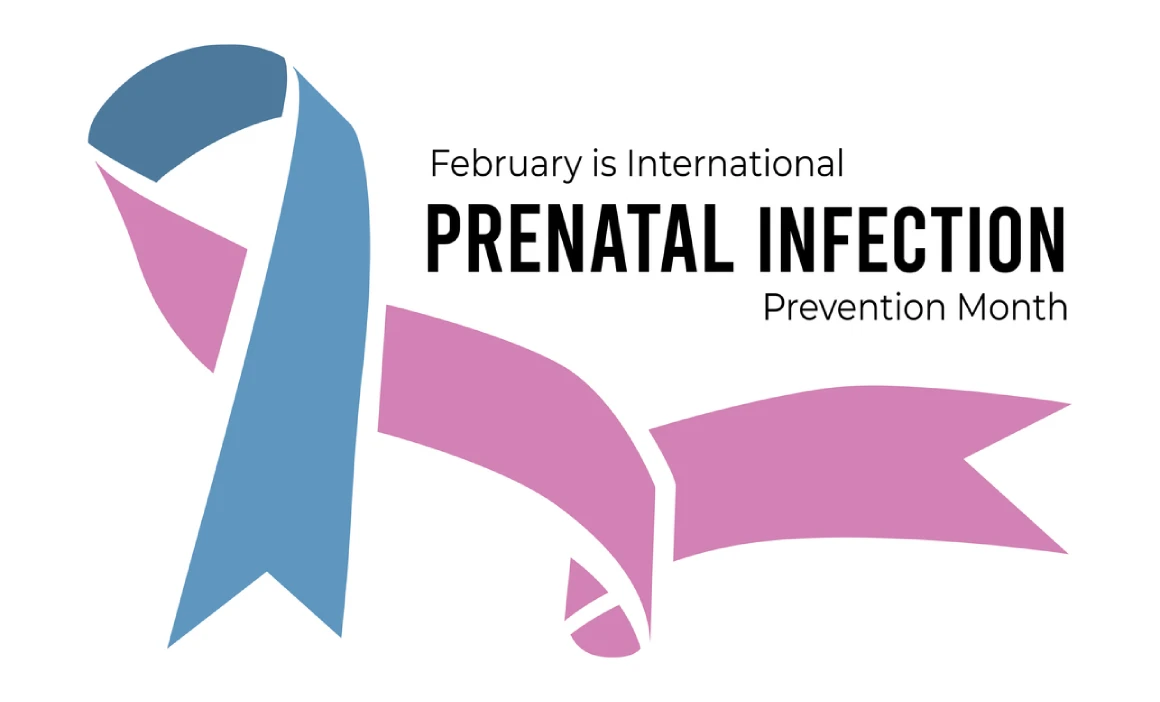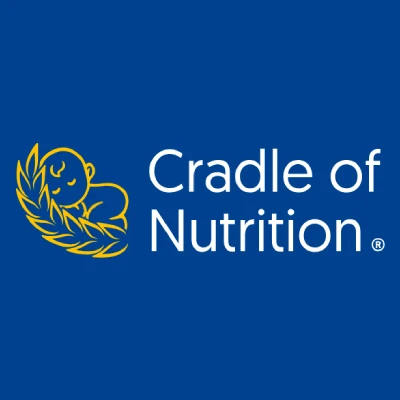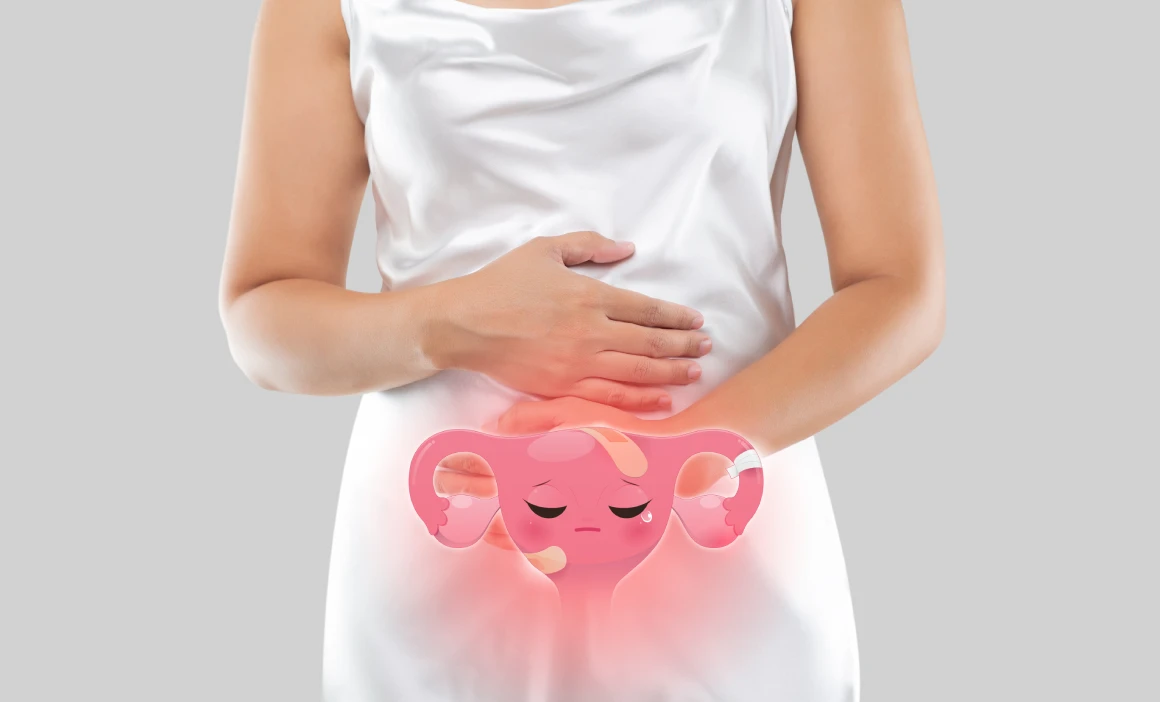
Preventing Infections in Pregnancy: Essential Tips for Expecting Mothers

Cradle of Nutrition
- 5 minutes read
Pregnancy is a life-changing experience, but it also presents new challenges for your health. One of the most significant concerns during pregnancy is the risk of infections. These infections can have serious consequences for both the expecting mother and her unborn baby.
Are you aware of the common infections that can affect pregnant women? In this post, we will explore these infections, the potential risks they pose, and how to prevent them to ensure a healthy journey for both mother and baby. By understanding these risks, you can take proactive steps to protect yourself and your baby from infections and seek timely treatment when necessary. Let’s dive into the details of the most common infections and how to stay safe.
1. Urinary Tract Infections (UTIs) During Pregnancy
What Are Urinary Tract Infections (UTIs)?
Urinary tract infections (UTIs) are one of the most common infections during pregnancy, particularly in the second and third trimesters. A UTI occurs when bacteria enter the urinary system and affect the bladder, kidneys, or urethra. Symptoms include frequent urination, a burning sensation when urinating, and cloudy or foul-smelling urine.
Why UTIs Are a Concern During Pregnancy:
If left untreated, UTIs can develop into kidney infections, which increase the risk of preterm labor, low birth weight, and kidney damage. Early detection and treatment with antibiotics are crucial to avoid complications. Fortunately, UTIs are treatable with antibiotics that are safe during pregnancy.
How to Prevent UTIs During Pregnancy:
- Drink plenty of water to help flush bacteria from your urinary tract.
- Avoid holding urine for long periods to ensure proper flushing of the bladder.
2. Chlamydia and Gonorrhea During Pregnancy
What Are Chlamydia and Gonorrhea?
Chlamydia and gonorrhea are sexually transmitted infections (STIs) that can affect pregnant women. These infections often don’t show symptoms but can still lead to complications for both mother and baby if left untreated.
Risks of Chlamydia and Gonorrhea During Pregnancy:
If untreated, chlamydia and gonorrhea can lead to preterm labor, low birth weight, and even eye infections or pneumonia in newborns. Additionally, these infections increase the risk of pelvic inflammatory disease (PID), which can lead to infertility in women.
Treatment and Prevention:
Both infections are treatable with antibiotics that are safe during pregnancy. Regular prenatal screenings and practicing safe sex can help reduce the risk of contracting these infections.
Since both chlamydia and gonorrhea often don’t show symptoms, it’s important for women who have had unprotected sex to get tested regularly, even if they’re not experiencing any signs of infection.
3. Toxoplasmosis and Pregnancy: What You Need to Know
What Is Toxoplasmosis?
Toxoplasmosis is a parasitic infection caused by Toxoplasma gondii. It is commonly contracted from handling cat litter, eating undercooked meat, or consuming contaminated food or water.
Why Toxoplasmosis Is a Concern During Pregnancy:
Toxoplasmosis can cause miscarriage, stillbirth, or severe birth defects, including brain damage and developmental delays. The risk is higher during the early stages of pregnancy.
How to Prevent Toxoplasmosis During Pregnancy:
- Avoid cleaning cat litter during pregnancy or wear gloves and wash your hands thoroughly afterward.
- Cook meat thoroughly, especially pork, lamb, and venison.
- Wash fruits and vegetables thoroughly before eating.
4. Listeriosis During Pregnancy: Risks and Prevention
What Is Listeriosis?
Listeriosis is a bacterial infection caused by Listeria monocytogenes. It can be contracted from contaminated food, especially unpasteurized dairy products, deli meats, and undercooked meats.
Why Listeriosis Is Dangerous During Pregnancy:
Pregnant women are more susceptible to listeriosis, which can lead to miscarriage, preterm birth, and serious infections in newborns, such as meningitis. Listeriosis can also increase the risk of stillbirth.
Preventing Listeriosis During Pregnancy:
- Avoid unpasteurized dairy products, soft cheeses (like brie and feta), and deli meats.
- Cook meats to a safe temperature and store food at proper temperatures to prevent bacterial growth.
- Wash fruits and vegetables thoroughly before consumption.
5. Cytomegalovirus (CMV) and Pregnancy Risks
What Is Cytomegalovirus (CMV)?
CMV is a common virus that most people encounter at some point, but it can be more problematic during pregnancy.
Why CMV Is a Concern During Pregnancy:
If a pregnant woman contracts CMV for the first time, the virus can cause birth defects such as hearing loss, vision problems, and developmental delays. CMV is a leading cause of congenital infections and may also lead to premature birth.
How to Prevent CMV During Pregnancy:
- Wash hands frequently, especially after handling diapers or objects that may be contaminated with saliva or urine.
- Avoid sharing utensils or food with young children, who are more likely to spread CMV.
- If you work in a daycare or other high-risk environment, consider getting tested for CMV.
6. Hepatitis B and C: What Pregnant Women Should Know
What Are Hepatitis B and C?
Hepatitis B and C are viral infections that affect the liver and can be passed from mother to child during childbirth.
Risks of Hepatitis B and C During Pregnancy:
Both Hepatitis B and C can lead to chronic liver disease in infants and increase the risk of liver cancer later in life. However, with appropriate treatment, the risk of transmission to the baby can be minimized.
Prevention and Treatment:
- Get vaccinated against Hepatitis B before pregnancy.
- Antiviral therapies can help manage Hepatitis B or C during pregnancy and reduce the risk of transmission.
7. HIV During Pregnancy: Protecting Your Baby
What Is HIV?
Human Immunodeficiency Virus (HIV) weakens the immune system and can lead to Acquired Immunodeficiency Syndrome (AIDS). HIV can be transmitted during pregnancy, childbirth, or breastfeeding.
Why HIV Is a Concern During Pregnancy:
Without treatment, HIV can be transmitted from mother to baby, but with early diagnosis and treatment, the risk of transmission can be dramatically reduced.
How to Manage HIV During Pregnancy:
- If you’re HIV-positive, talk to your healthcare provider about antiretroviral therapy (ART) to keep your viral load low and protect your baby.
- Regular prenatal checkups and screenings are essential to manage HIV during pregnancy.
In conclusion, by staying informed about potential infections and taking the necessary precautions, you can ensure a healthy pregnancy for both yourself and your baby. Take care of your health, stay on top of prenatal care, and be mindful of your environment. Wishing you a safe and healthy pregnancy journey ahead.
By Erika Barabás
References:
- Centers for Disease Control and Prevention (CDC) – Urinary Tract Infections During Pregnancy
- World Health Organization (WHO) – Chlamydia and Gonorrhea
- Centers for Disease Control and Prevention (CDC) – Toxoplasmosis
- U.S. Food and Drug Administration (FDA) – Listeria and Pregnancy
- Centers for Disease Control and Prevention (CDC) – Cytomegalovirus (CMV)
- Hepatitis B Foundation – Hepatitis B and Pregnancy
- Centers for Disease Control and Prevention (CDC) – HIV and Pregnancy






